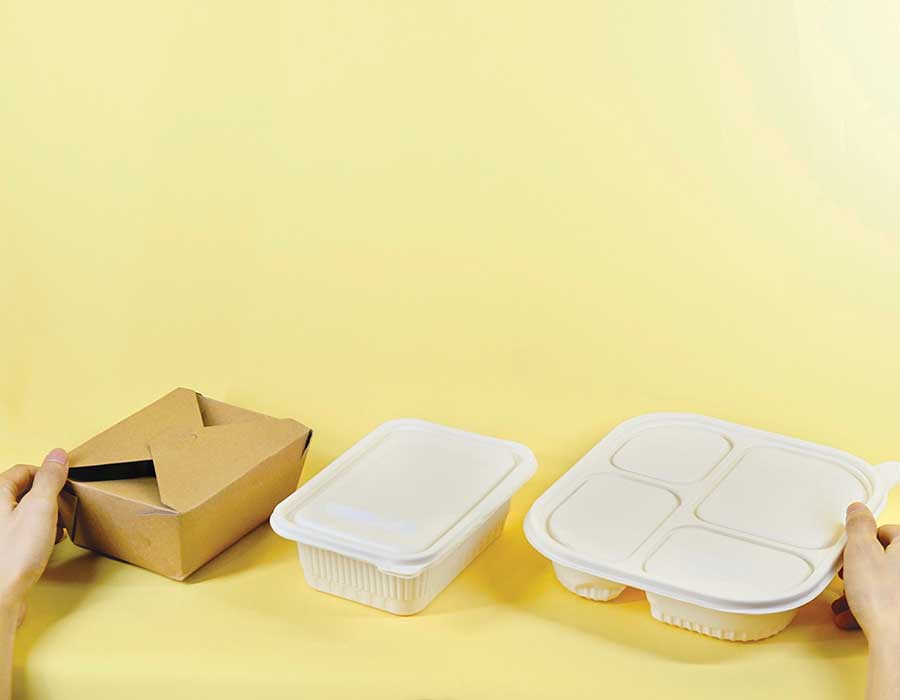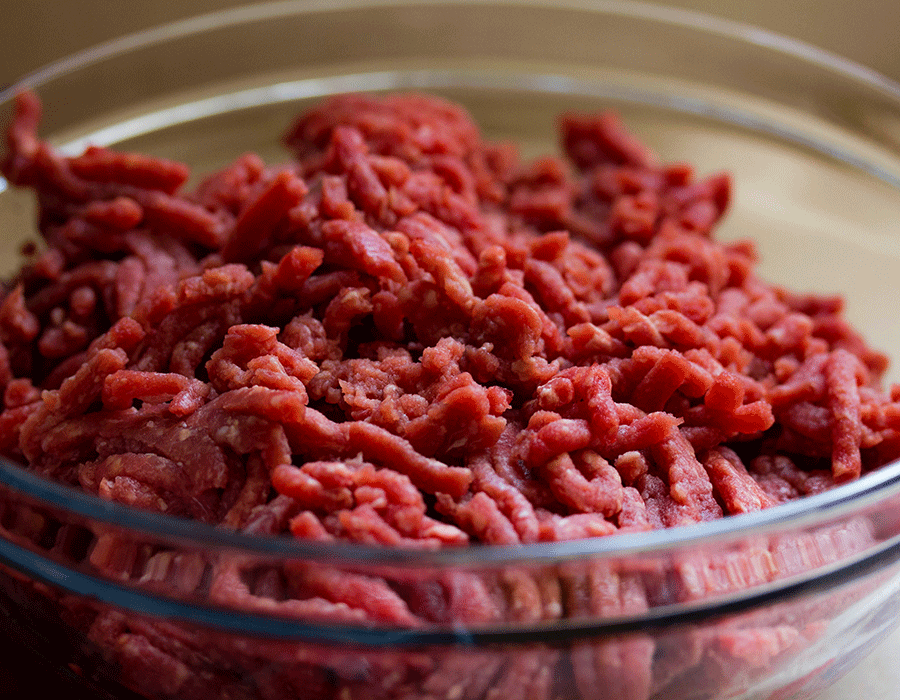Perforated pallet wrap offers innovative benefits for the frozen food industry, addressing critical challenges such as temperature stability, product integrity, and sustainability. These features make it an ideal solution for supporting the industry-wide shift to storing frozen products at -15°C, a move that promises both environmental and operational advantages. Presented at the British Frozen Food Federation’s Technical Conference in September, this concept has generated significant interest among industry leaders.
Why -15°C?
Recent studies on increasing temperatures have demonstrated significant energy savings without compromising the safety and quality of frozen products tested which suggests that a change is possible. Lower energy usage means reduced carbon emissions and operational costs — a win-win for businesses and the planet. For industries committed to sustainability, this adjustment represents a major opportunity to lead by example.
However, even a 3°C increase in storage temperature presents operational challenges. Ensuring consistent temperature control during transit and storage is paramount, as frozen food is highly sensitive to fluctuations. Addressing these challenges requires practical and effective solutions.
The Role of Perforated Pallet Wrap
Perforated pallet wrap is specifically designed to meet these challenges. Unlike traditional wrap that can trap moisture and inhibit airflow, perforated wrap allows for:
- Enhanced Airflow: The perforations ensure consistent air circulation around the pallet, maintaining stable temperatures and reducing the risk of hot spots and issues with food safety.
- Condensation Control: Proper airflow minimises condensation, preserving the integrity of packaging, product quality, and pallet stability, while preventing freezer burn.
- Energy Efficiency: By supporting efficient cooling and air distribution, perforated wrap complements the energy-saving objectives of moving to -15°C; as products can reach and maintain their optimal temperature, as traditional solid pallet wrap blocks air flow.
- Durability and Stability: Despite its perforated design, our materials provide even better strength and durability over traditional pallet wrap, keeping palletised goods secure during transport and storage.
A Proven Solution for Frozen Food
Perforated pallet wrap has already been adopted by food manufacturers across various sectors, including dairy, cheese, and ready meal production, where airflow and temperature control are critical. Products like blue cheese and soft cheeses, for example, benefit immensely from the tailored airflow facilitated by this technology. As the frozen food sector adapts to -15°C, similar benefits can be realised across a wide range of goods, from frozen vegetables to desserts.
A Step Towards a Sustainable Future
The move to -15°C is more than an energy-saving initiative; it’s a step towards a more sustainable future for the frozen food industry. Perforated pallet wrap enhances efficiency while ensuring the quality and safety of frozen goods. By bridging the gap between operational practicality and environmental responsibility, this innovation plays a pivotal role in enabling the transition.
For more information, contact Excelerate Ltd:
Website: www.excelerateltd.com
Email: info@excelerateltd.com
Phone: 01604 644100























